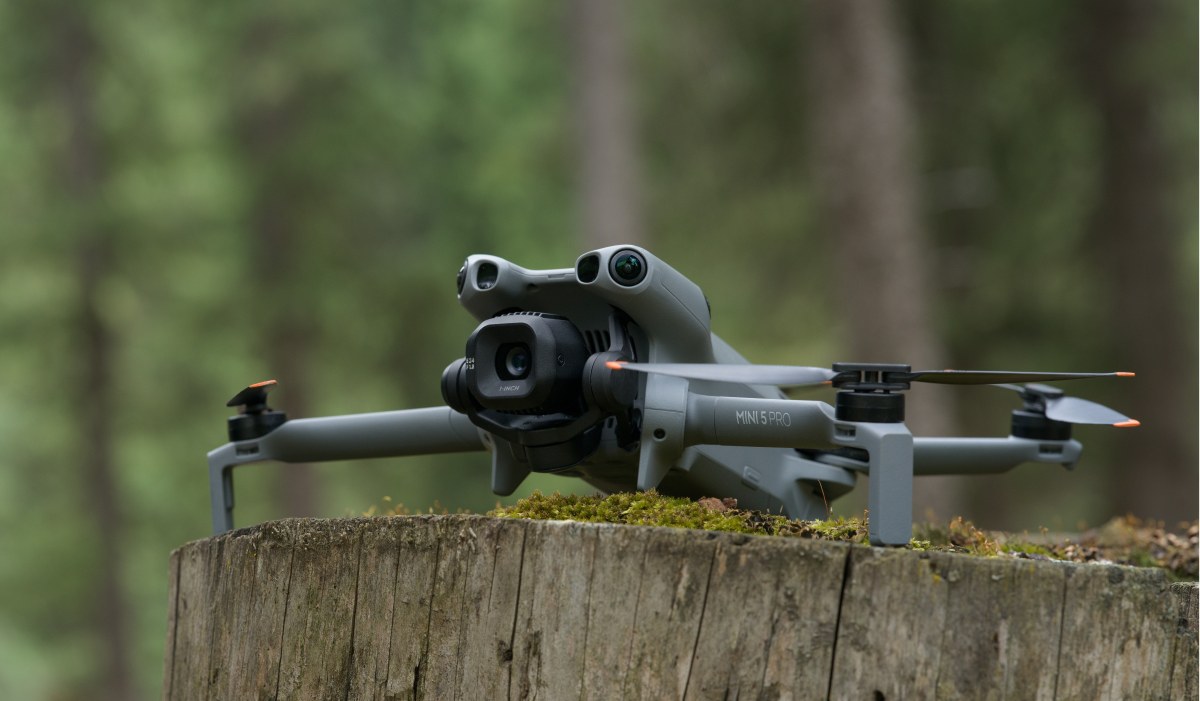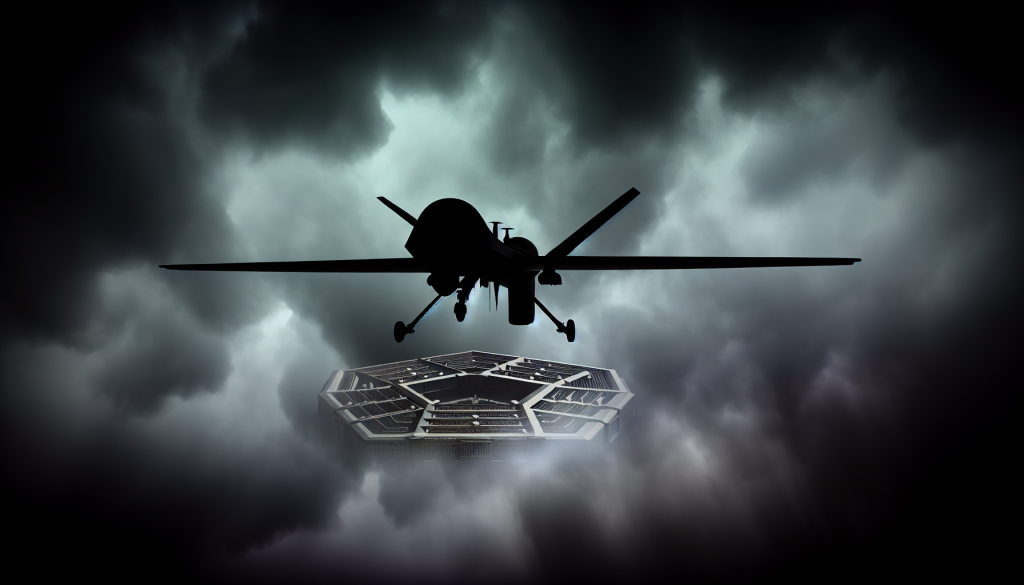DJI’s Struggles with the Pentagon: What You Need to Know

A Major Legal Setback for DJI
Recently, a notable ruling by U.S. District Judge Paul Friedman has put DJI, the leading drone manufacturer, in the spotlight. The court decided that DJI will remain on the Pentagon’s blacklist of companies linked to China’s military, a critical development for the company and its users across the United States.
DJI filed a lawsuit against the U.S. Department of Defense (DoD) in late 2024, hoping to clear its name from what it claims is an unjust categorization. But the ramifications of this ruling extend far beyond legal implications; they threaten to affect the day-to-day operations of drone enthusiasts, businesses, and U.S. activity in the skies.
Pentagon Blacklist: An Overview
The Pentagon’s Section 1260H list flags companies that allegedly have ties to the Chinese military. DJI found itself on this controversial list in 2022, which, while not an outright ban, brings significant challenges. When companies are categorized this way, they often lose government contracts and face skepticism from private sector partners.
As a result of its listing, DJI has reportedly lost numerous business deals and faced stigma as a national security risk, impacting its market position and reputation.
DJI’s Defense: “We’re Not Military-Owned”
DJI has consistently argued that it is not connected to the Chinese military, emphasizing that its products are designed strictly for commercial use. The company pointed out that it neither manufactures military drones nor sells to military clients.
In its defense, DJI highlighted other companies like Volkswagen China and Nokia Bell, which also receive state support but have not been blacklisted. The implication was clear: if others can thrive despite similar backgrounds, why is it that DJI is unfairly targeted?
Court Ruling: Key Takeaways
Despite DJI’s arguments, Judge Friedman upheld the Pentagon’s decision. The key concern for the court was DJI’s designation as a “National Enterprise Technology Center” by a Chinese government agency, which provides substantial benefits such as financial subsidies and tax breaks. This designation essentially links DJI to the government, categorizing it as part of what is termed the “military-civil fusion” initiative.
Moreover, the judge noted that DJI’s drones possess dual-use capabilities—though designed for civilian purposes, they can also be adapted for military applications. This led to the court ruling that the Pentagon’s classification remains reasonable under U.S. law.
Implications for Drone Pilots
For drone enthusiasts and professionals in the U.S., this ruling means that while DJI drones are not officially banned, their imminent future is increasingly uncertain. As of now, users can still purchase popular models like the Mini 4 Pro and Air 3S. However, looming restrictions threaten to limit DJI’s access to vital U.S. government contracts starting in 2026, raising concerns about the availability of their products and support.
There are also worries about potential new regulations that could complicate the drone landscape further, including hurdles related to Federal Communications Commission (FCC) licenses for new products, and increased scrutiny from the Commerce Department on drone imports.
Exploring Future Risks
As the situation evolves, drone operators are left to ponder critical questions. How will a future ban or increased restrictions impact supply chains for spare parts, software updates, and new model availability? There are already signs of potential disruptions, with new flagship models launching globally but not reaching U.S. customers.
DJI is not giving up just yet. The company expressed disappointment over the ruling and emphasized its commitment to fighting against what it perceives as unjust labeling. DJI’s focus remains on innovation, reliability, and serving its U.S. customer base while advocating for fair competition in the marketplace.
The Bigger Picture: The U.S.-China Tech Wars
The ongoing legal battle is merely one facet of a broader U.S.-China technology conflict. As Washington continues to impose restrictions on various sectors, including drones, the situation suggests a challenging landscape for Chinese companies seeking to operate within U.S. borders.
For American drone pilots, the stakes are high. DJI offers affordable and feature-rich drones that are hard to replicate. The risk is that if DJI’s market presence diminishes, less competitive alternatives may take its place, possibly leading to increased costs and fewer options.
Persistent Challenges Ahead for DJI
The ruling to keep DJI on the Pentagon blacklist highlights the government’s scrutiny of companies linked to China’s military apparatus. As DJI keeps its sights set on continuous innovation, drone pilots will closely monitor how this unfolding situation will impact their operation and future choices in drone technology.

